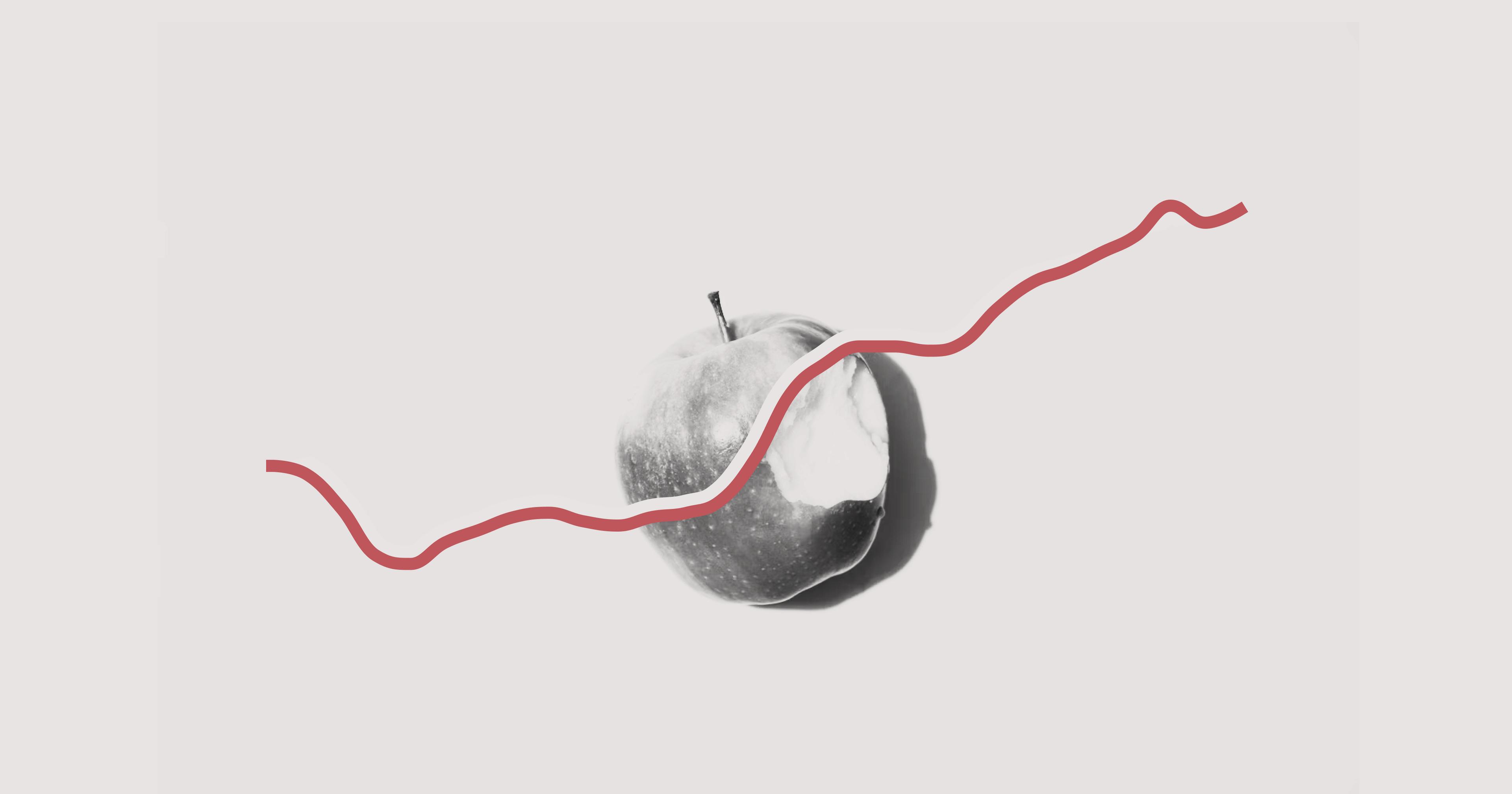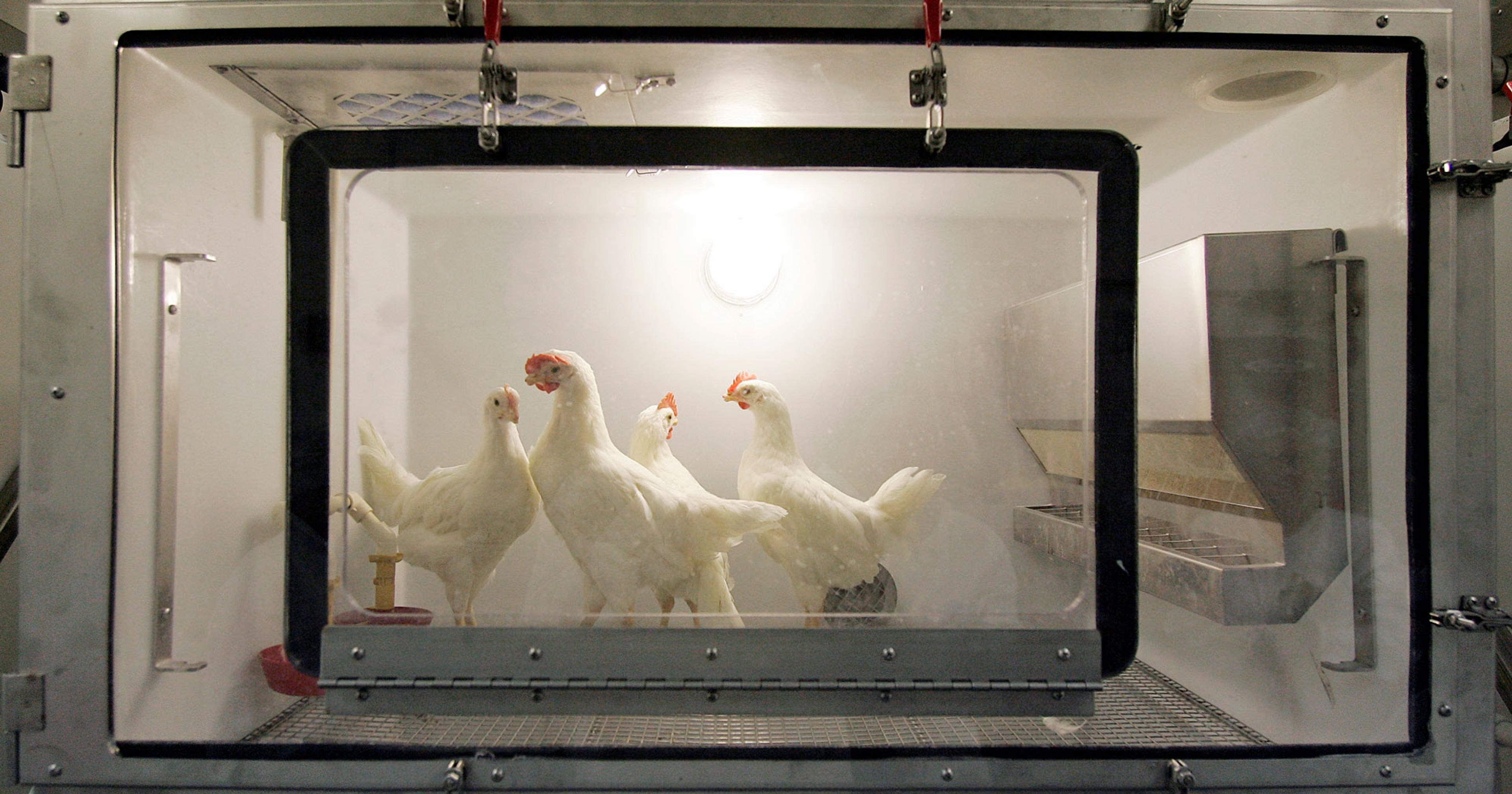The Covid-19 pandemic amplified the demand for mental health resources, bolstering programs designed to meet the unique needs of farmers and ranchers.
Last Friday, Kendra Janssen answered 10 crisis calls made to NY FarmNet’s 1-800-547-FARM helpline. “This is our busiest time of year,” she said. “In March, most people are not planting. They’re not working the farm. They’re sitting and they’re planning, or they’re sitting and they’re thinking ... This tends to be when our phone line is really busy.”
Founded by Cornell University in 1986 in response to the national farm crisis, NY FarmNet started as a free service for farmers who needed financial planning assistance and help dealing with economic turmoil. Over time, the organization realized the urgent need to provide mental health caseworkers as well as financial consultants. NY FarmNet “works in a holistic approach to help the farmer. Financial problems also lead to stress, and stress is a major issue that affects our mental health,” said office administrator Janssen, who has worked in agriculture her entire life. Having the financial and mental health consultants visit farmers together “creates the best case scenario for the farm.”
In addition to the 24-hour crisis hotline, NY FarmNet offers free, confidential, on-farm support to all New York farmers, ranchers, farmworkers, and other agribusiness professionals such as veterinarians, truck drivers, and feed producers. Last year, the program served more than 6,000 people in the New York agricultural community. They had 755 open cases, activated within 24 hours of a farmer reaching out — 325 of whom had never received NY FarmNet services before. They answered 678 incoming calls to the helpline, plus additional submissions made through an online form. And those numbers just represent what’s happening in one state.
Farming Takes a Toll
The mental health crisis affecting agricultural and rural communities across the country has been well documented. Farming is a physically and emotionally demanding profession that requires long hours and a high risk of injury, often in exchange for little pay. Farmers juggle a number of unique stressors, such as fluctuating feed and input costs, volatile markets, dependence on unpredictable weather, heavy debt loads, physical isolation, and demanding workloads that sometimes leave little time for personal care or relationships.
Studies have shown that farmers and farmworkers have a higher prevalence of anxiety and depression than the general population. Nationwide, farming and ranching also has one of the highest suicide rates of all occupations. Farmers are twice as likely as people in other professions to die by suicide, according to recent data from that Center for Disease Control and Prevention (CDC).
Of course, while they can sometimes overlap, mental illness and suicide are not always connected — especially if a farmer has never spoken with or had access to a mental health professional. “We know that not every [farmer] who died by suicide had a documented mental health disorder. We often think of linear relationships … but what we find is that correlation — the association between mental health disorder and a suicide attempt and/or completion — is not as strong,” said Josie Rudolphi, an assistant professor in the department of agricultural and biological engineering at the University of Illinois, and co-author of a recent study that looked at 15 years of data collected on suicide among farmers and ranchers. Other risks involved include uncertainty and a lack of control, self-blame and poor coping mechanisms, and access to lethal means.
“Unfortunately, the need exceeds what’s available.”
While the nature of death by suicide makes it difficult to draw any hard conclusions, the researchers found that older farmers were more at risk than younger ones. “We hypothesize that perhaps as farmers age … they feel they no longer have a place on the farm, they don’t perceive themselves to be as useful as they once were or not as physically able to do the work,” said Rudolphi. “So much of their identity is tied up in farming that we’re wondering if as people age that they start to sort of feel as though their purpose in life has been taken away, which may lead to thoughts and actions around suicide.”
Young farmers who died by suicide, however, were more likely to have had relationship problems than older ones, perhaps influenced by the stress of supporting a family after several consecutive bad crop years and when margins are tight.
There are plenty of other unique stressors to the farming profession — isolation, tight margins, weather-related volatility — though existing research has not drawn a definitive correlation between these factors and poor mental health. To quote a 2021 analysis of suicide risk factors in the farming population, “Data related to producers is inconsistent and limited, and while risk factors for producer suicide are widely discussed in popular media, research studies are scant.“
But even if the direct causes remain somewhat speculative, mental health issues in the farming community are undeniably real.
Are Farmers’ Pleas Being Heard?
Efforts to reduce the stigma associated with mental illness continue to spread — including through agricultural communities. “State and federal governments are starting to recognize that there is a major mental health pandemic going on in this country,” said Ohio farmer Nathan Brown, a trustee for the Ohio Farm Bureau Federation who recently attended the funeral of a neighboring farmer who died by suicide. “We need people to get trained in mental health first aid, particularly in the agriculture industry. Knowing what to say or what to look for could help save a life,” he wrote in a recent op-ed published in Progressive Farmer.
For many farmers, accessing individual counseling remains a hurdle. “We know that mental healthcare is a challenge nationwide, not just in rural and agricultural communities,” said Rudolphi. “Unfortunately, the need exceeds what’s available.” To further complicate the widespread shortage of therapists, residents in rural areas are disproportionately affected by a shortage of mental health professionals, making them less likely than urban residents to seek professional help for psychological distress. And because rural areas are less likely to have a reliable internet connection, that means virtual telehealth counseling — which has boomed since the start of the pandemic — isn’t always available, either.
“There has been such a stigma around mental health for so long that a lot of those resources have left, or never were in our rural communities as much as they should have been,” said Brown.
Now, thanks to a wave of funding and support from the federal government, outreach and crisis programs similar to NY FarmNet are cropping up around the country. Last June, Florida launched the statewide Farmer Stress Awareness Initiative. A few months later, the new, multi-state AgriStress Helpline for Ranchers and Farmers (1-833-897-2474) launched, which Texas is currently seeking more funding to sustain. Mental health issues affecting farming communities were a rising concern long before the Covid-19 pandemic, but the additional stressors that producers experienced as supply chains crumbled have perhaps helped draw more attention to the crisis.
“We’ve got to get farmers to see they are more than their farm. They’re more than the acres that they run, they are more than the livestock that they run.”
One major driving force behind current farmer mental health initiatives is the Farm and Ranch Stress Assistance Network (FRSAN). Reauthorized by the 2018 Farm Bill, FRSAN awarded three-year continuation awards totaling $28.7 million to four regional entities (North Central, Northeast, Southern, and Western regions) to help ensure vulnerable agricultural producers and their families had access to supportive services. Grants secured through the FRSAN have supported the launch and/or expansion of regional farmer stress programs in New Hampshire, Maryland, Maine, Minnesota, Michigan, and beyond. Funding goes not only to setting up helplines and support groups for farmers, but more importantly to training any and all individuals who interact with them — bank loan lenders, inspectors, drivers, and more.
The University of Maryland Extension’s Farm Stress Management program, for example, offers training for therapists to better understand and treat farmers. “Because farming is such a unique occupation, you can’t say, ‘You’re stressed, you should probably take a day off.’ If it’s planting season, or harvesting season, or if you have cows, you can’t just take time off easily,” said Emily Zobel, a UMD extension agent. “What the program does is teaches mental health care providers about the culture of farming, and the uniqueness of it so that when a farmer comes to them, and they sit down and have therapy sessions, or reach out for mental health, they know a little bit more about where the farmer’s coming from.”
“What we want to do is make sure there are resources and services for everybody on the spectrum. If you need professional behavioral health, we want to try to get you into that. If you need someone to talk to in the here and now, we want to make sure that’s available,” said Rudolphi, who leads the FRSAN efforts in its North Central region, an area that encompasses North Dakota all the way south to Kansas and Missouri and as far east as Ohio. “We want to build capacity so that agricultural communities are able to respond in the absence of professional mental health resources and services.”
For farmers like Brown, a national commitment to addressing mental health issues in agricultural communities can’t come soon enough. “It’s never too late,” said Brown. “We’ve got to get [farmers] to see they are more than their farm. They’re more than the acres that they run, they are more than the livestock that they run. They are fathers, brothers, sisters, family members, neighbors, and everything else they do in the community.”










